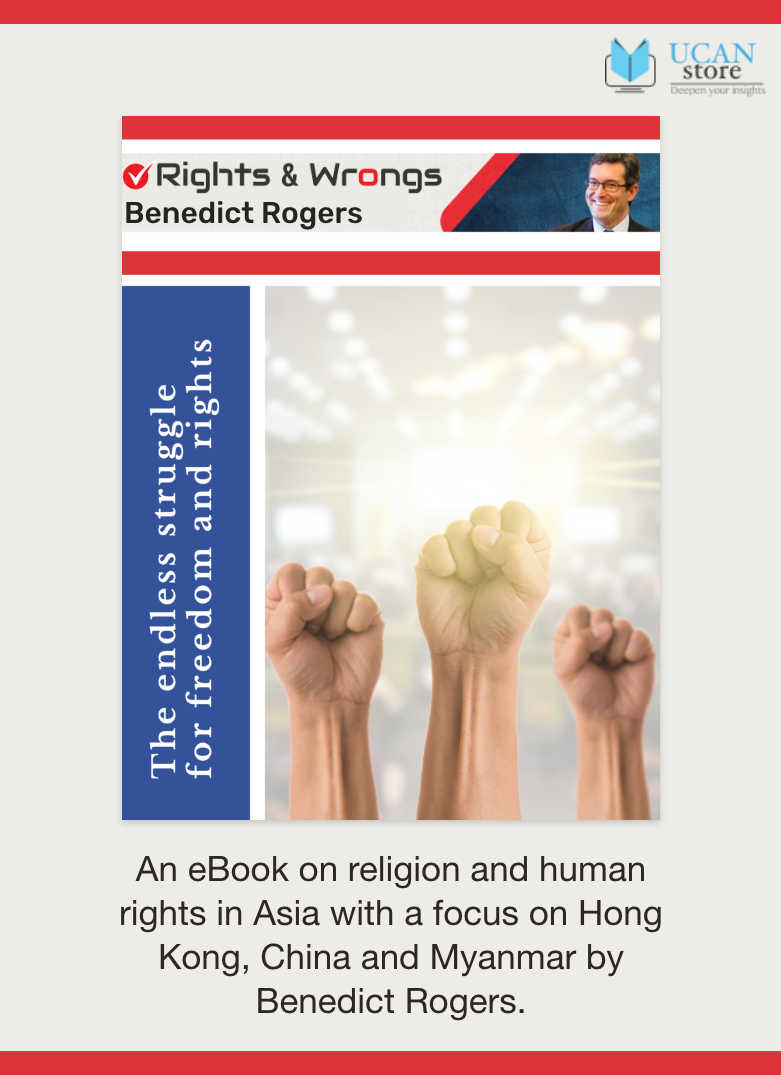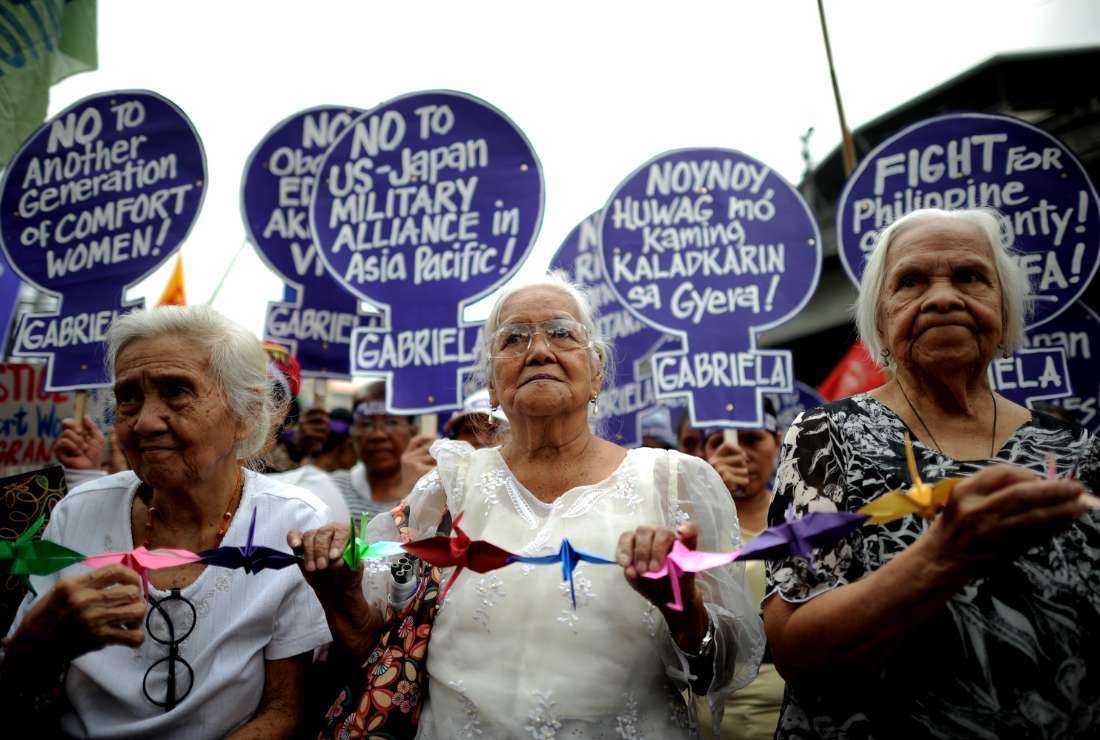
Japan has over the decades offered compensation to victims of sexual slavery during Japan's occupation of the Philippines

Filipina "comfort women", sex slaves for the Japanese Imperial army during World War II, join in a protest near the Malacanang Palace in Manila where visiting Japanese Emperor Akihito is meeting the Philippine president on January 27, 2016. (Photo: AFP)
Lawyers representing Philippine women forced to work as sex slaves by Japan during World War II urged Manila Friday to pay them compensation after a United Nations committee called on the government to provide them with "reparations".
During World War II, up to 200,000 women -- mostly from Korea but also from other parts of Asia including the Philippines -- were forced to work in Japanese military brothels, according to historians.
On Wednesday, the UN's Committee on the Elimination of Discrimination against Women found that Philippine survivors had faced "continuous discrimination" due to the Manila government's failure to provide reparations, social support and recognition equal to the harm they had suffered.
Twenty-four women from the Malaya Lolas (Free Grandmothers) group filed a complaint with the UN committee in 2019, claiming the Philippines had not backed their claims against Japan for compensation.
"They asserted that the Philippines' failure to fight for their cause had essentially resulted in ongoing discrimination against them that continues to this day," the committee said in a statement.
The committee found the women did not receive the same benefits or services as male war veterans and urged the government to provide them with "full reparation" and an "official apology".
The number of Philippine women forced into sexual slavery during Japan's 1942-45 occupation of the archipelago nation is believed to be in the hundreds.
Japanese leaders have over the decades offered apologies and compensation money to victims, albeit deliberately sourced from the private sector rather than the government.
Ahead of President Ferdinand Marcos's visit to Tokyo last month, which was aimed at deepening economic and security ties, the Philippine foreign ministry said all war-related claims had been settled by a 1956 reparations agreement with Japan.
The UN committee's decision, though not binding, was "very significant", said Joel Butuyan, chairman of the Center for International Law in Manila, which represented the women.
"We cannot actually force the Philippine government to comply, but we're going to go to the offices concerned and present to them that this is a moral obligation at the very least," Butuyan told AFP Friday.
Only 20 of the 24 complainants were still alive, said Virginia Suarez, who heads a women's rights group.
Since the war, the countries have become close allies. Japan is now one of the Philippines' top investors, trading partners and aid donors.
Help us keep UCA News independent
The Church in Asia needs objective and independent journalism to speak the truth about the Church and the state.
With a network of professionally qualified journalists and editors across Asia, UCA News is just about meeting that need. But professionalism does not come cheap. We depend on you, our readers, to help maintain our independence and seek that truth.
A small donation of US$2 a month would make a big difference in our quest to achieve our goal.

Share your comments